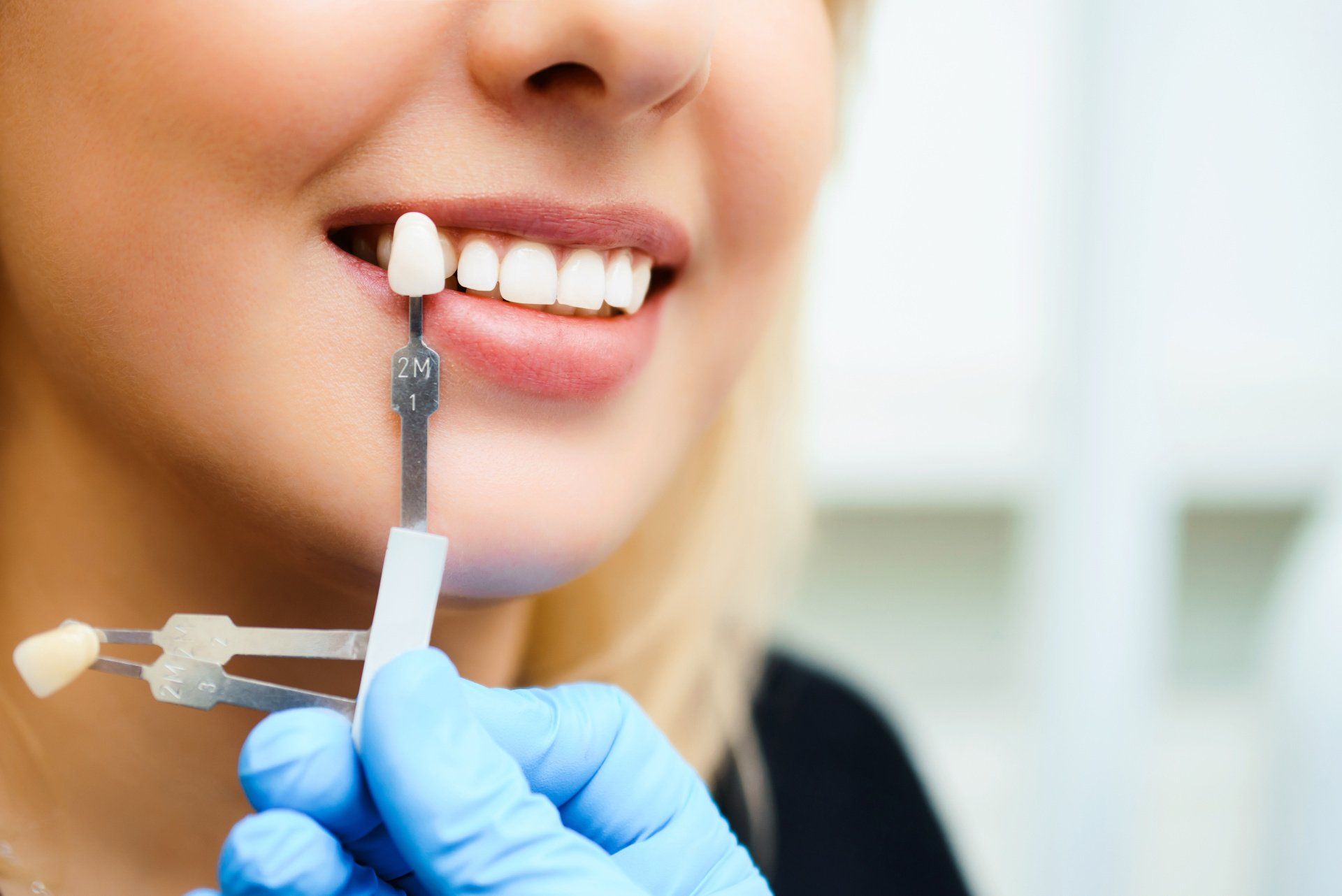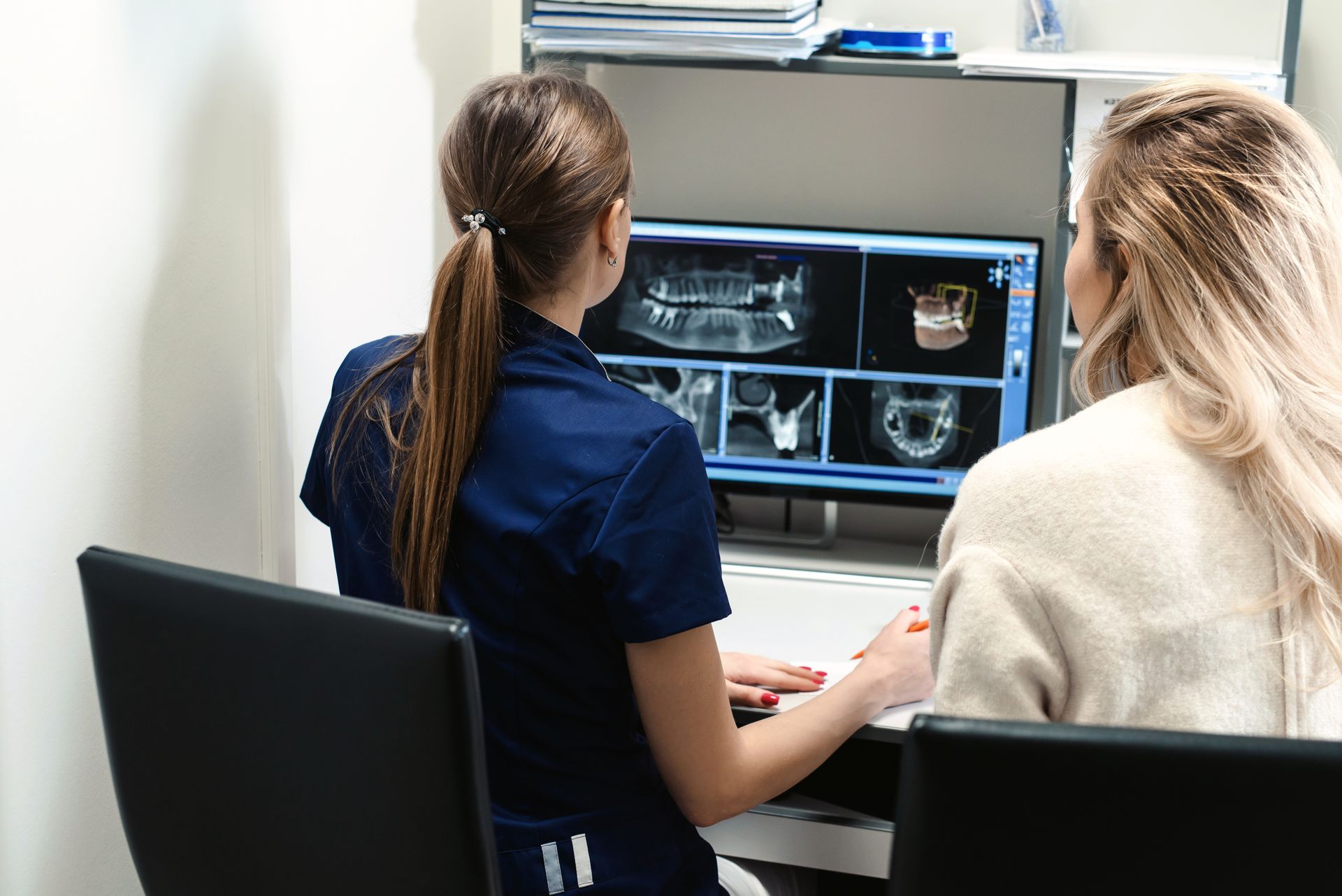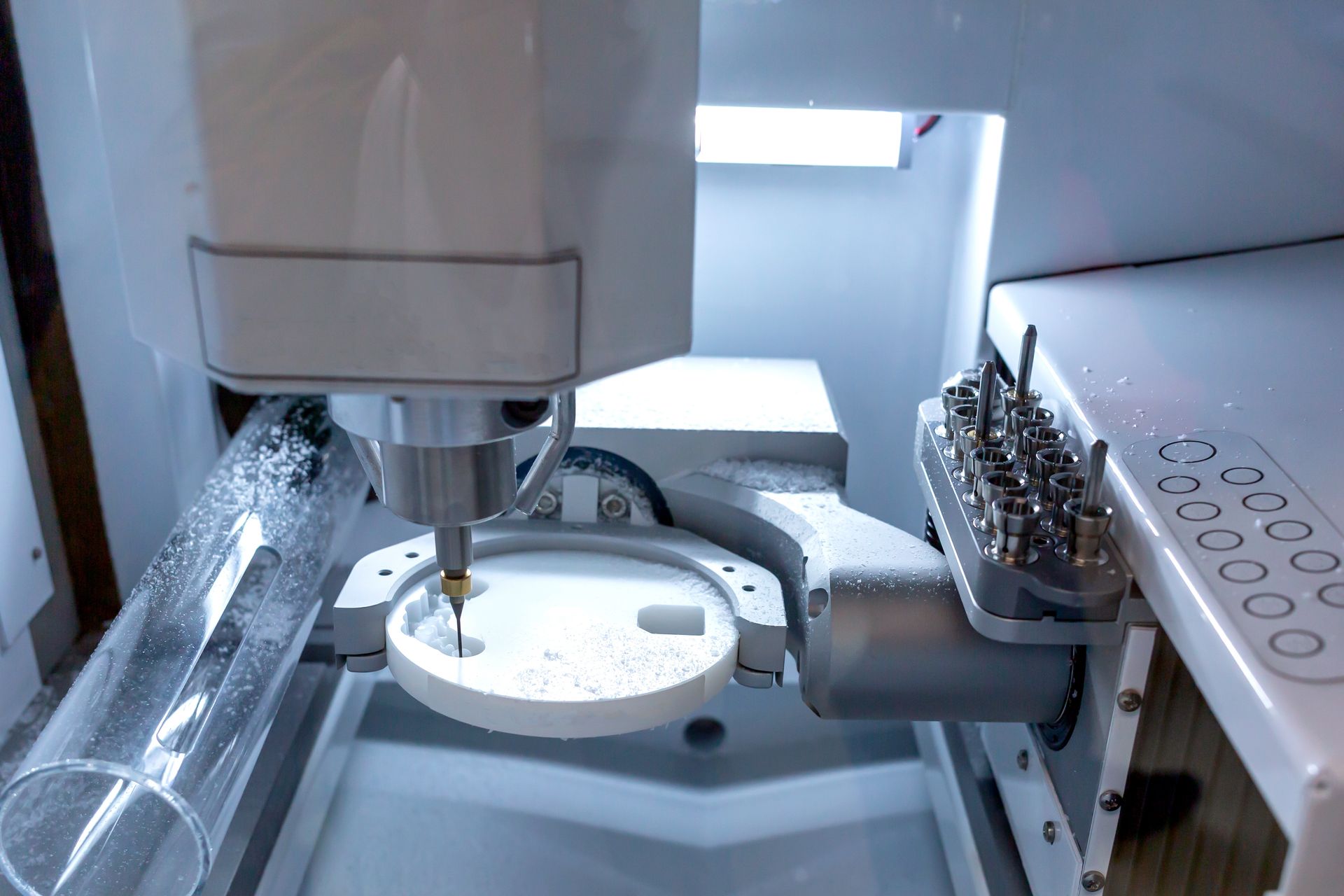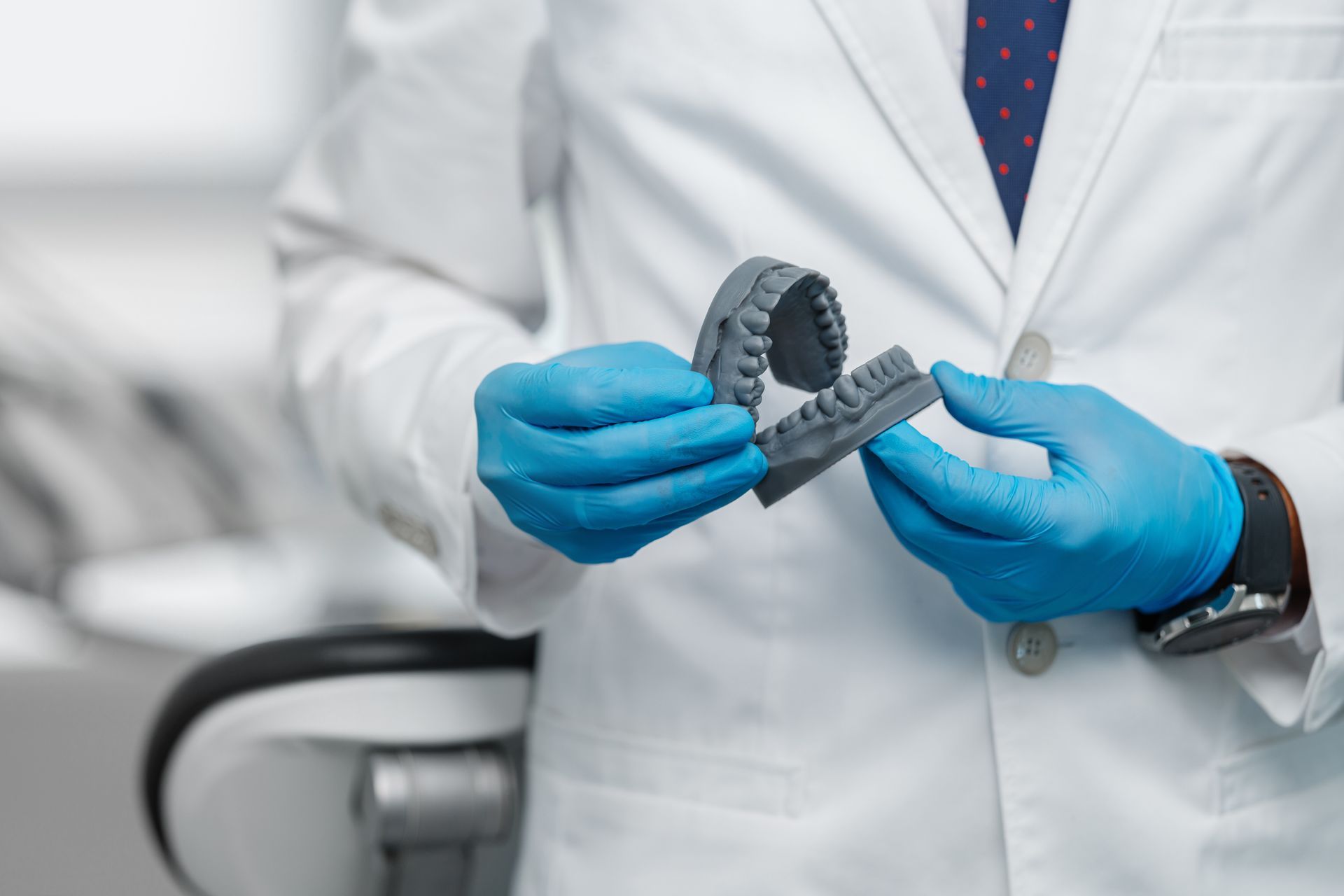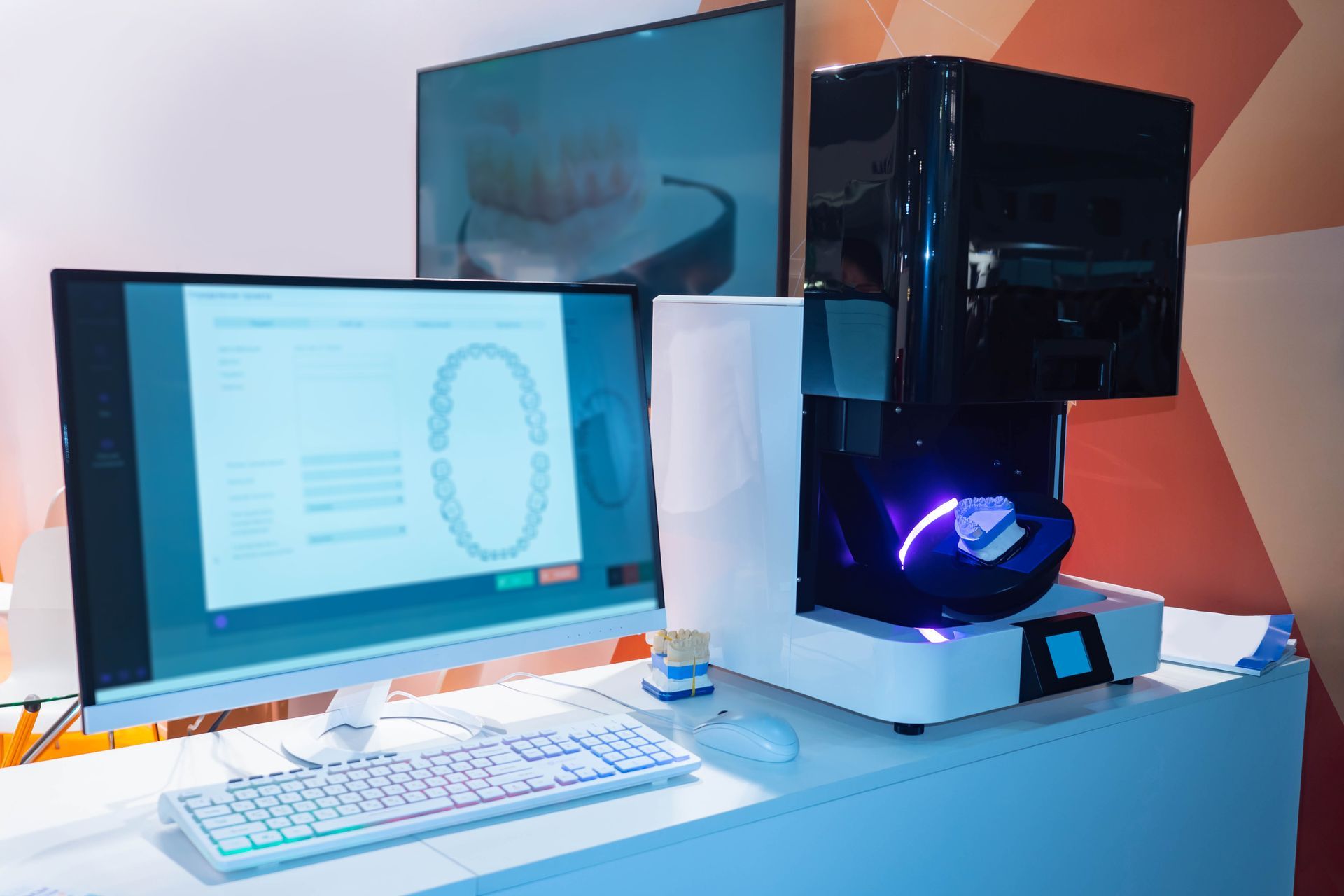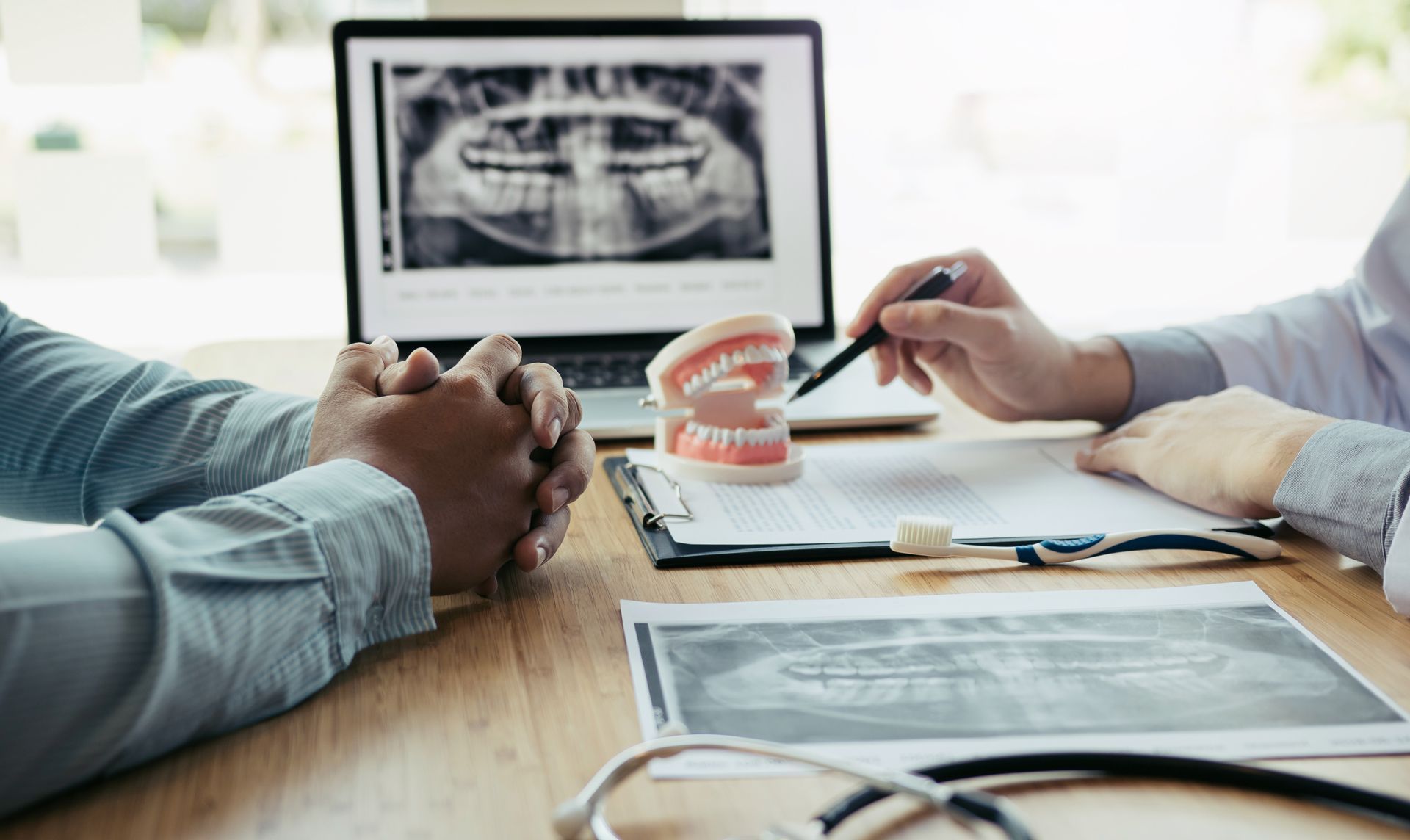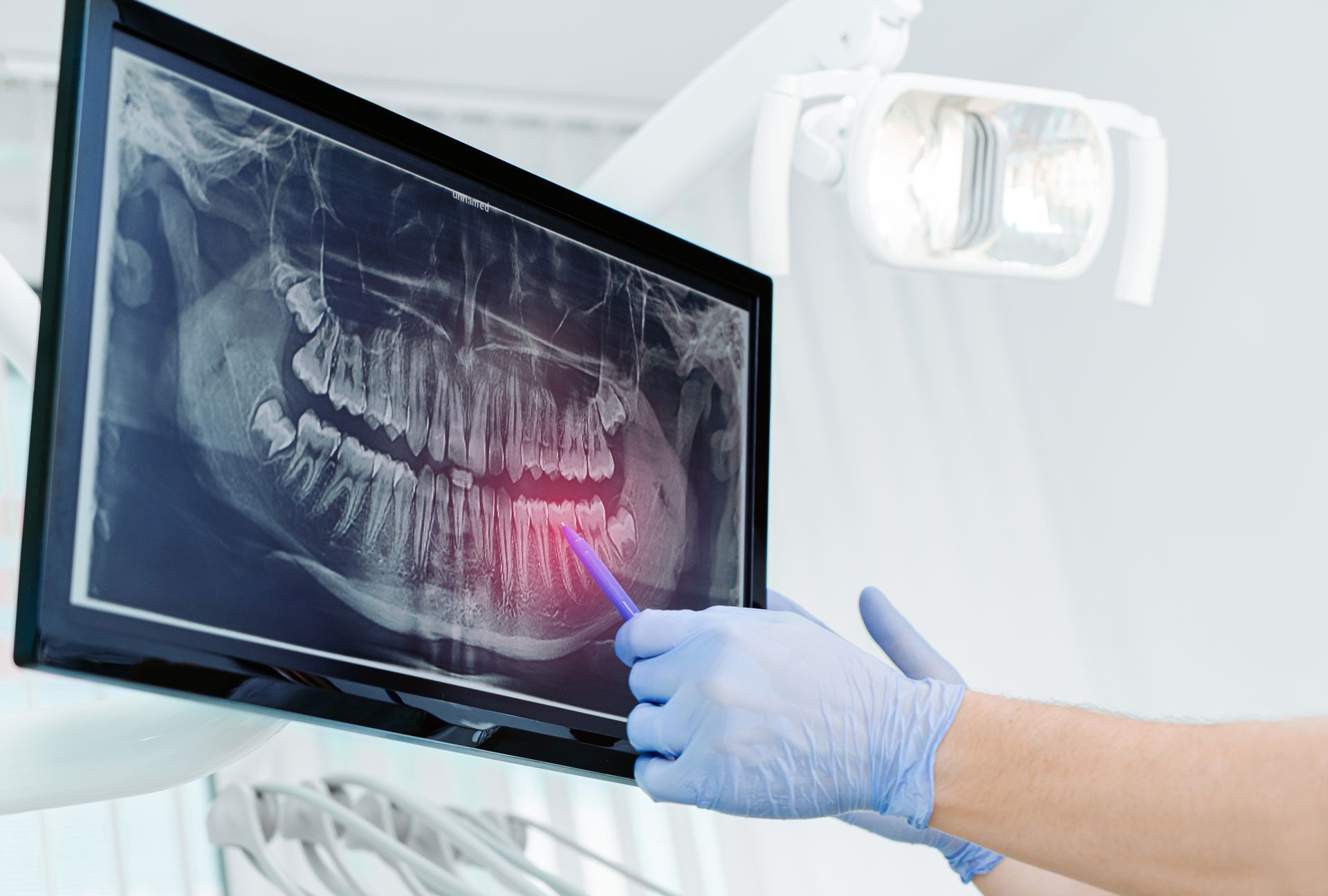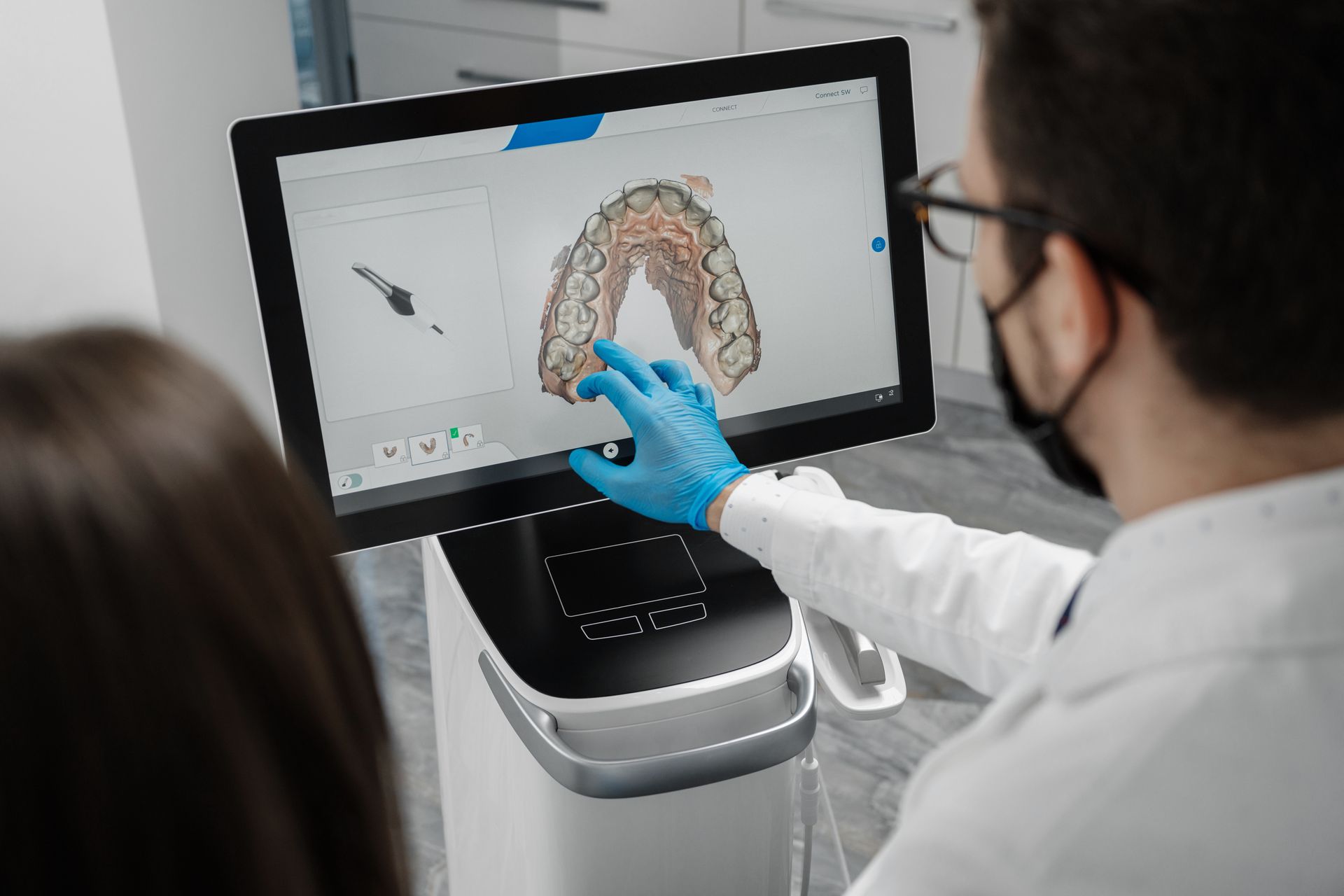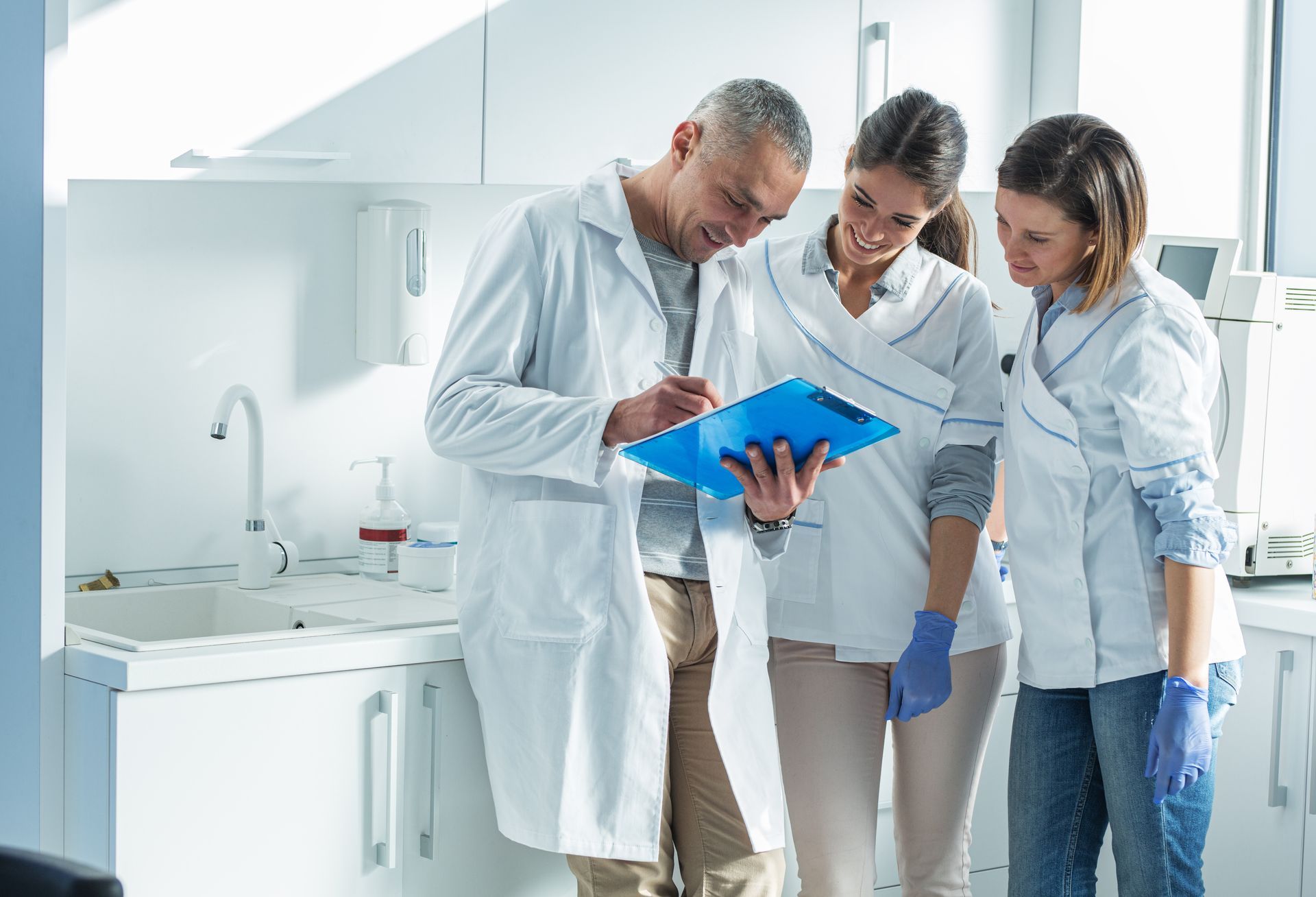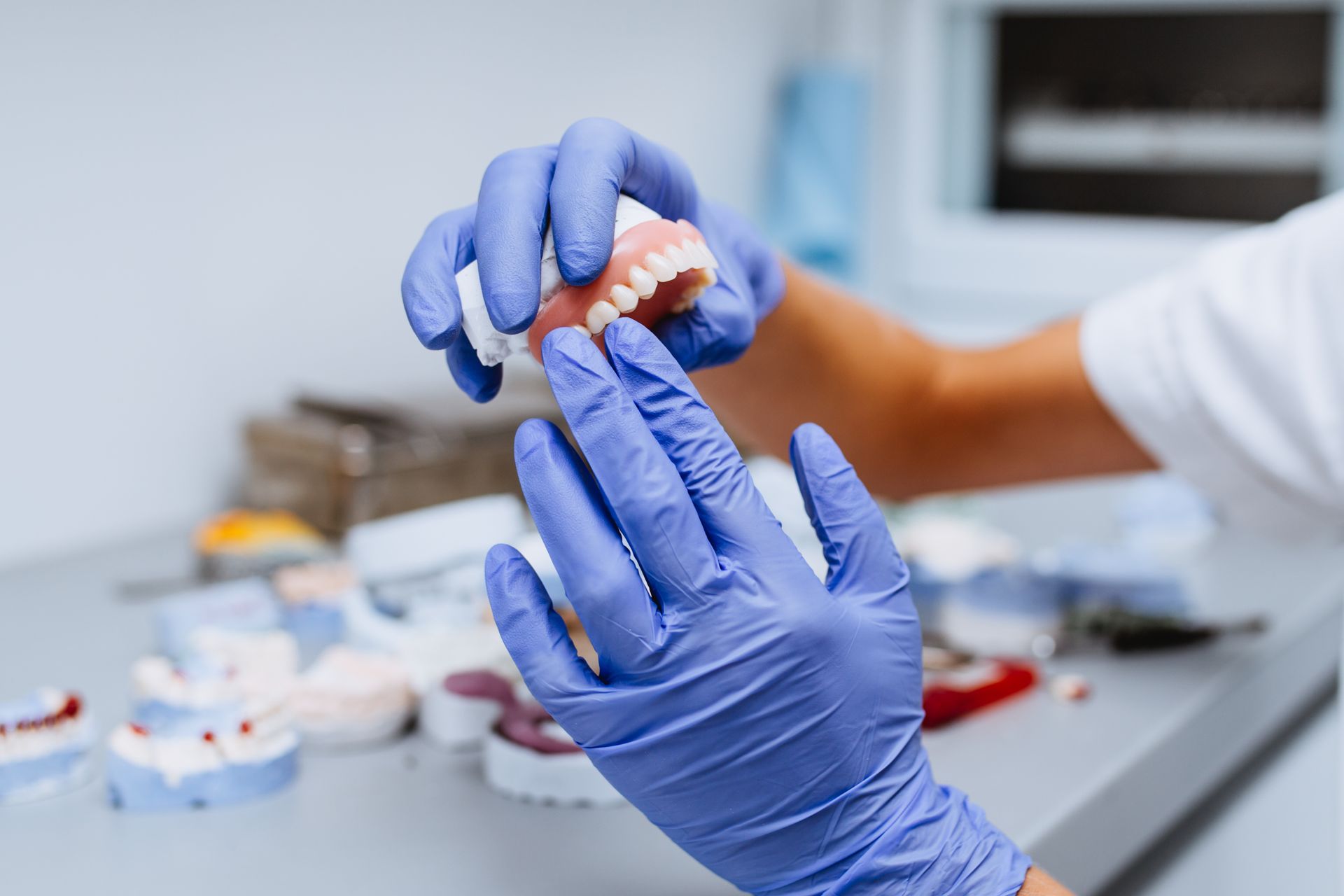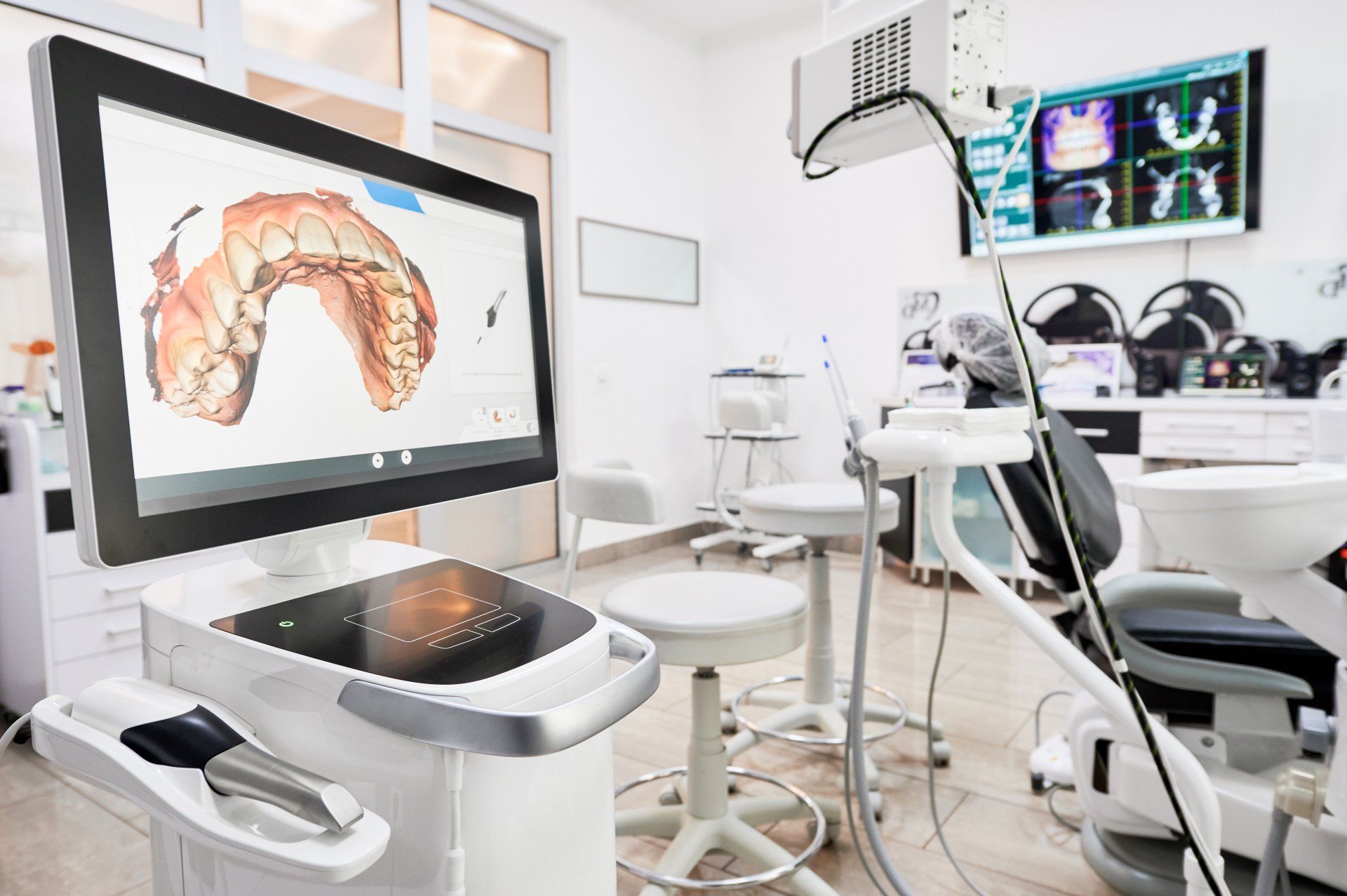What You Need to Know About the FDA and Dental Equipment
Almost every raw material and piece of technology used by dentists has gone through the FDA (Food and Drug Administration). Going through this process means these products have been regulated and ensured to be safe for use and distribution. Unfortunately, this also means that new products and technology need to be approved by the FDA, and the process can be a challenge.
If you are a dental firm looking to understand just what part the FDA plays in the dental industry, here is what you need to know.
Classifying medical devices
Before we get into what the FDA does, we must first talk about the medical devices they regulate.
Most, if not all, medical devices will fall into three different categories. These categories include Class 1, Class 2, and Class 3 medical devices, the highest number being the highest risk. Class 1 devices include dental equipment and material that show minimal harm to users. The majority of Class 1 devices are also exempt from the premarket review, which means they do not need to be approved, but cleared.
Class 2 devices are dental equipment that shows moderate risks to its users. Most of these devices will require a premarket review by the FDA, but not all will. Finally, Class 3 devices are dental equipment that presents the highest risk. These devices are responsible for sustaining or supporting life. All of these devices must go through a premarket approval or a humanitarian
device exemption by the FDA.
Clearing and Approval
One of the FDA's main jobs is to clear and approve various medical devices to be legally sold in the U.S. Products that are neither cleared nor approved are regarded as illegal and unfit to be marketed. That being said, there is a difference between getting a product cleared and getting a product approved.
Cleared medical devices are devices that the FDA determines to be relatively similar to another product in the market that is approved to be legally sold. These devices are generally dental products that are materials or equipment by nature. These devices include the majority of Class 1 devices and some Class 2 devices. To clear your medical devices, a premarket notification submission, also known as the 510(k), must be sent to the FDA for clearance.
On the other hand, approved medical devices are devices that the FDA approves through the PMA (premarket application) or an HDE (humanitarian exemption application). This kind of approval is a must for Class 3 medical devices, which are types of devices that have the highest risk. For instance, dental surgery equipment counts as Class 3 medical devices that need approval by the FDA to be legally sold and used.
Conclusion
When working with your patients, it is essential to know whether or not the devices you are using have been FDA-approved. Such information is vital to you and your patients, especially if they have concerns about a specific procedure. Helping them understand that these medical devices are safe for use will help them feel much more comfortable under your caring hands. In other words, transparency builds trust, which is a solid foundation for leading your dental firm to success.
Vitality Tech LLC is a full-service dental lab providing high-end dental implants, fixed prosthetics, and many other dental devices to supply dental practices with the best products for their patients. Work with our high-end dental lab today and get quality products for your practice!
